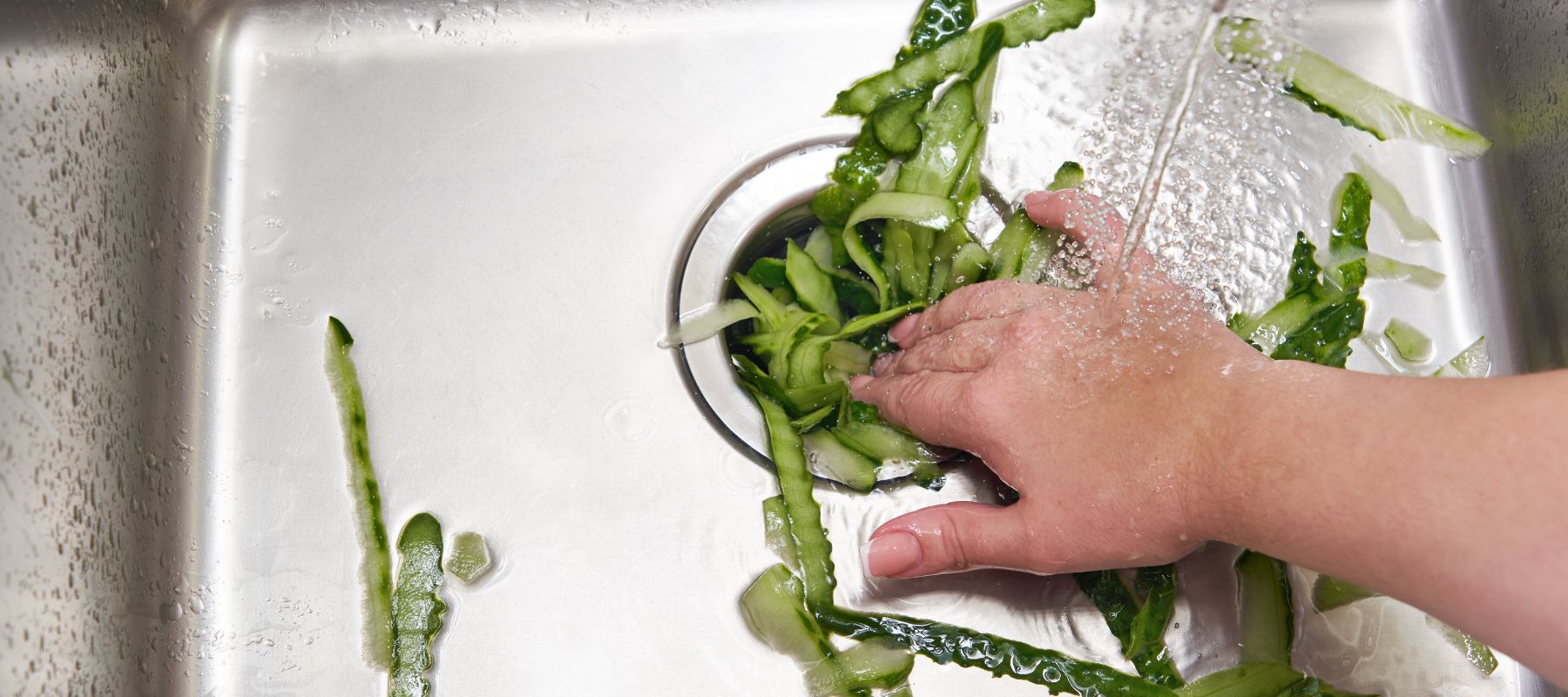Trust Air & Drain Works For San Antonio Garbage Disposal Services
When it comes to maintaining a functional and efficient kitchen, understanding how to properly use your garbage disposal is crucial. Misuse can lead to clogs, damage and costly plumbing repairs.
At Air & Drain Works, we’re committed to helping the San Antonio community keep their plumbing systems in top shape! This guide will help you navigate the dos and don’ts of these systems, ensuring your kitchen plumbing remains efficient.
Dos And Don’ts Of Garbage Disposals
Understanding the basics of your garbage disposal is the first step to maintaining a healthy plumbing system. Our team is here to share a few beneficial tasks and things to avoid when using this fixture.
Garbage Disposal Do’s: How To Benefit Your System
Following the right practices can ensure your system remains in good condition, helping it operate effectively long-term. Here are some recommended actions to keep your disposal functioning with efficiency:
- Run cold water — Always run cold water while the disposal is in use. Cold water helps solidify grease or oils, making it easier for them to be chopped up and flushed away.
- Cut waste into smaller pieces — Cut larger food waste into smaller pieces before feeding it into the disposal to prevent clogs.
- Use the disposal regularly — Regular use of your unit helps prevent rust and corrosion.
- Clean with ice cubes — Grinding a few ice cubes can help knock debris off of the impellers.
Implementing these practices can extend the lifespan of your disposal and prevent common issues.
Garbage Disposal Don’ts: Tips To Protect Your System
Avoiding certain actions is equally important to keep your system working efficiently. Here are some things to avoid to prevent damage and clog formation:
- Avoid hot water — Hot water can liquefy grease when the disposal is in use. Grease can solidify further down the pipes, leading to clogs.
- Don’t overload the disposal — Trying to shove too much waste into the disposal at once can cause jams and damage the motor.
- Don’t grind non-food items — Never put non-food items into the disposal. These materials can damage the blades and clog the pipes.
- Avoid chemical drain cleaners: Chemical drain cleaners can damage the disposal and pipes.
By avoiding these harmful practices, you can maintain the efficiency of your kitchen plumbing and avoid costly repairs. Proper usage is key to ensuring the longevity of your plumbing appliances.
What Can You Put Down a Garbage Disposal?
Knowing what can safely go down your kitchen sink is essential for maintaining its functionality. Air & Drain Works is here to share a few items that are safe to put down your disposal.
Soft Foods
Soft foods like cooked vegetables and small amounts of meat are typically safe to remove using this machinery. These materials break down easily and won’t strain the system. A good rule of thumb to follow is if the food you’re looking to dispose of can be fed to a baby, it can go down your garbage disposal.
Chopped Fruits And Veggies
Soft and non-fibrous fruits and vegetables can be safely disposed of in your system. Apple peels, tomato peels and zucchini are all examples of safe fruits and veggies. These items break down easily and do not strain the disposal.
Ice Cubes
Using ice cubes in your disposal is a simple yet effective way to maintain your system’s operation ability. Ice cubes help to clean the blades and remove buildup, keeping the machinery in top condition. When mixed with citrus peels, they can improve unpleasant odors accumulating within the machinery.
What Not To Put Down A Garbage Disposal
Certain items should never go down your garbage disposal. To protect your plumbing, our San Antonio plumbers are here to share a few examples of these items.
Potato Peels
Putting potato peels in garbage disposals leads to clogs. Their starchy composition turns into a paste-like substance that can easily block your pipes. It’s best to dispose of potato peels in the trash or compost bin to avoid plumbing issues.
FOGs (Fats, Oils, Grease)
Due to their density, fats, oils and grease can lead to issues with your kitchen plumbing. These substances can solidify in your pipes, leading to stubborn clogs. Always pour grease, oil and fat into a separate container and dispose of it in the trash once it solidifies.
Fibrous Vegetables
Fibrous vegetables like celery, asparagus and corn husks can tangle around the system’s impellers and cause the motor to jam. It’s best to throw these items away or compost them.
Animal Bones And Fruit Pits
Hard items like bones and fruit pits can dull or break the disposal impellers. These leftovers should always be discarded in the trash.
Nuts And Shells
Nuts and shells can be hard to grind and may cause damage to the disposal. They should be disposed of in the trash to avoid costly plumbing repairs.
Keep Your Kitchen Plumbing Efficient With Air & Drain Works
When testing your culinary craftsmanship, remember to dispose of items the correct way to avoid plumbing damage! At Air & Drain Works, we’re dedicated to providing quality plumbing services to the San Antonio community. If you encounter any problems with your kitchen disposal or have questions about proper usage, don’t hesitate to contact our team.












